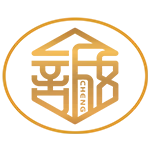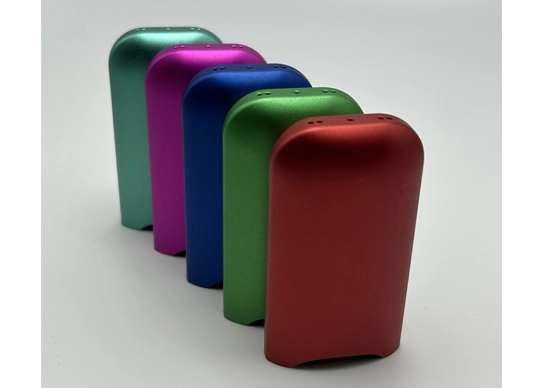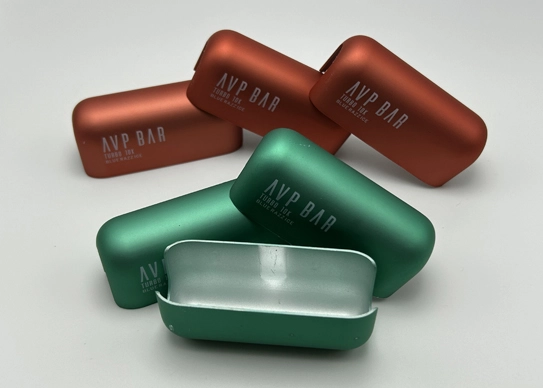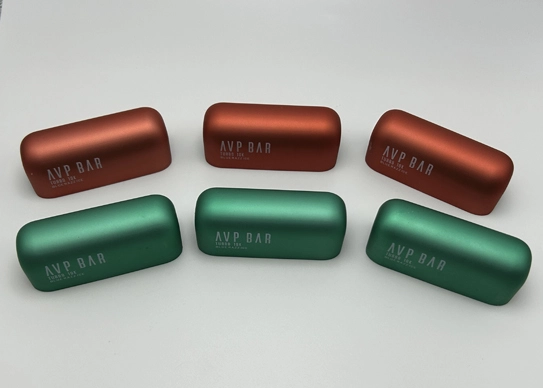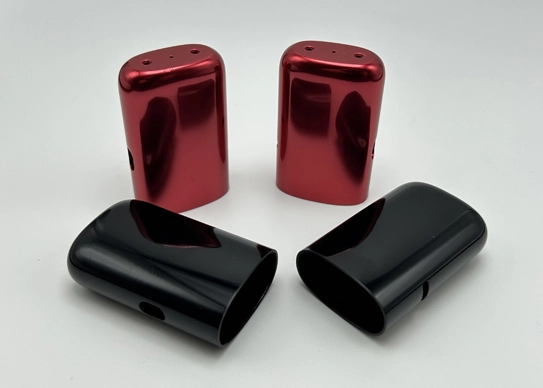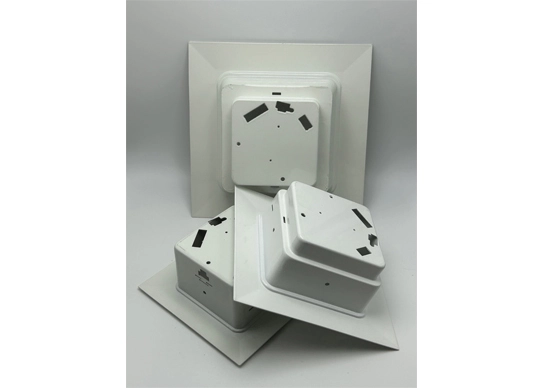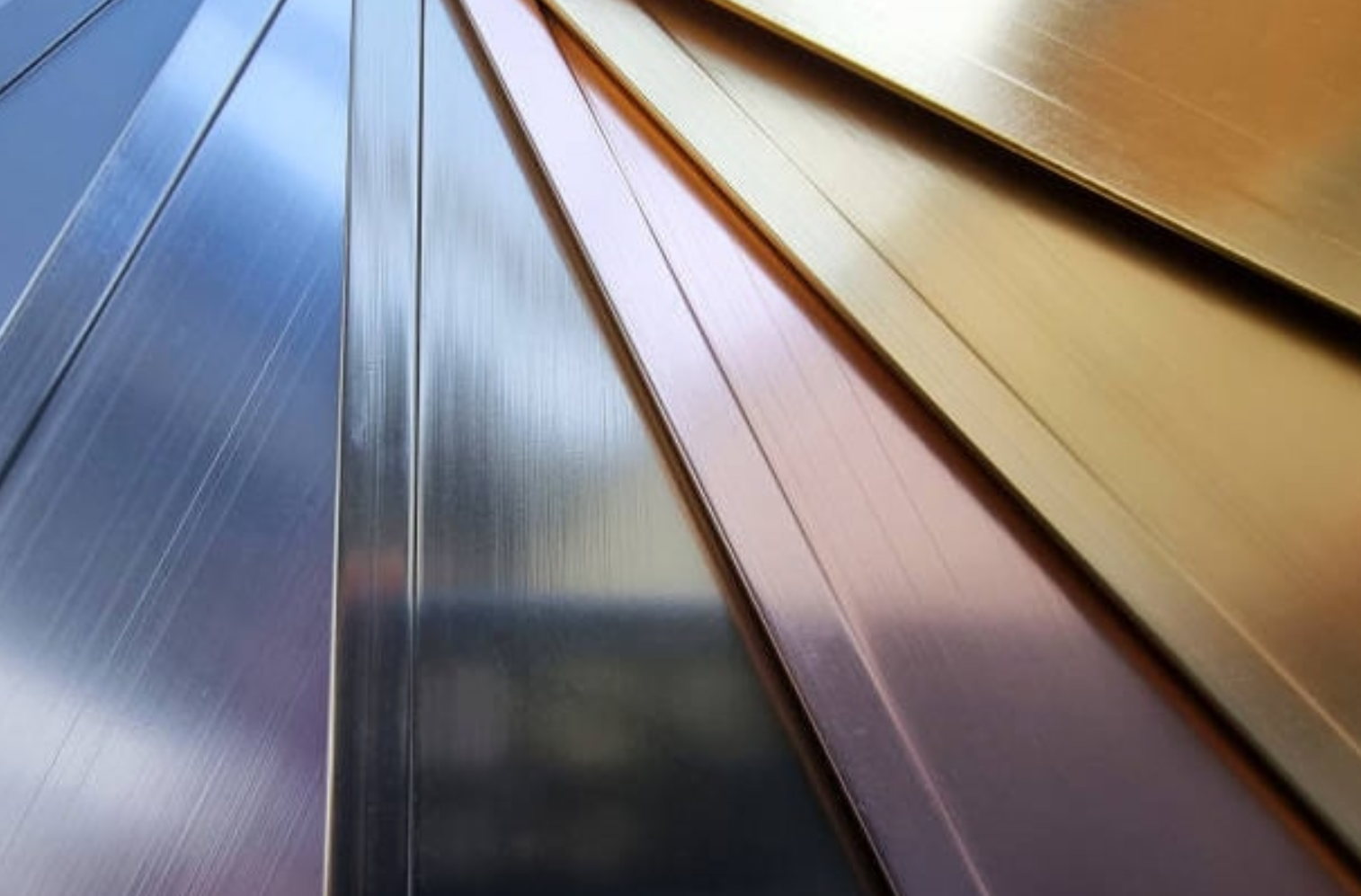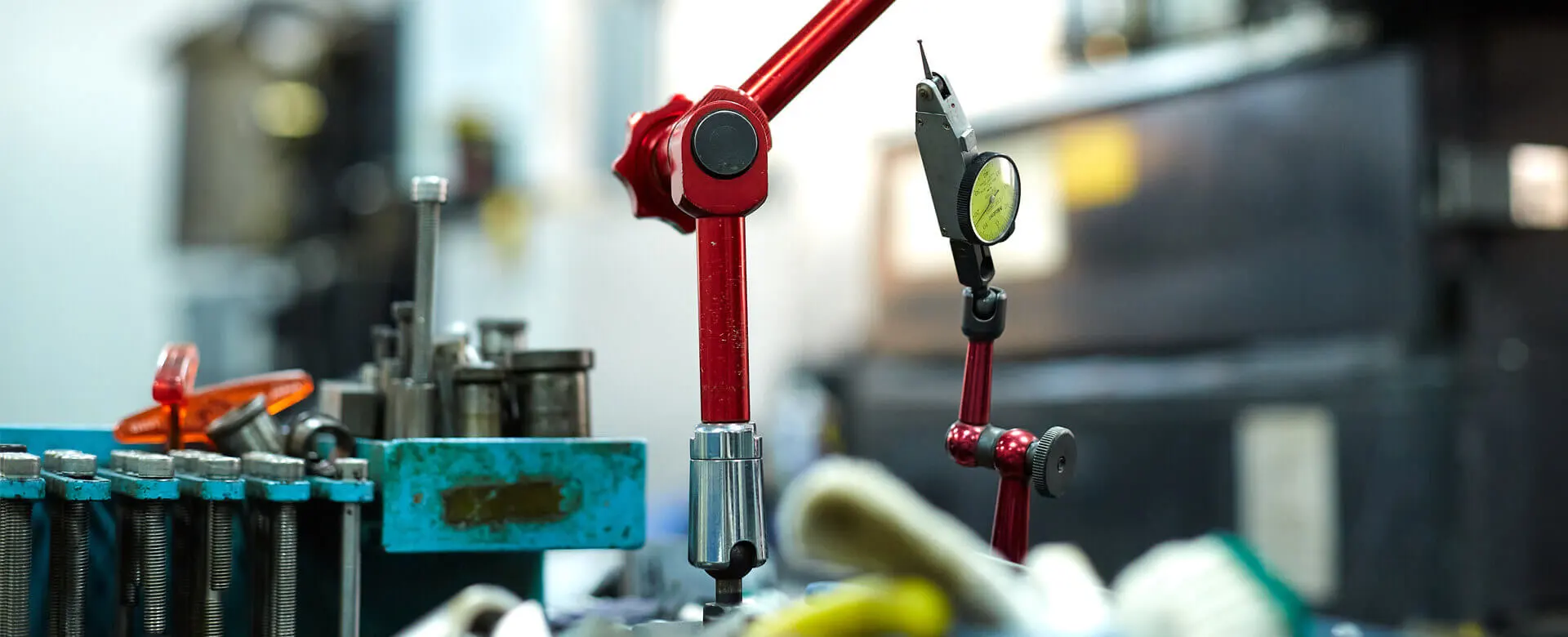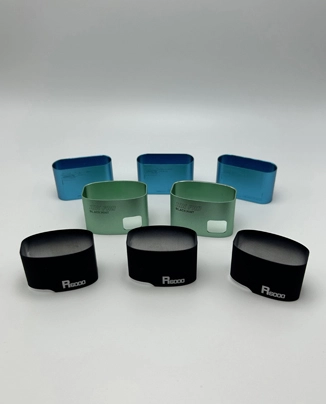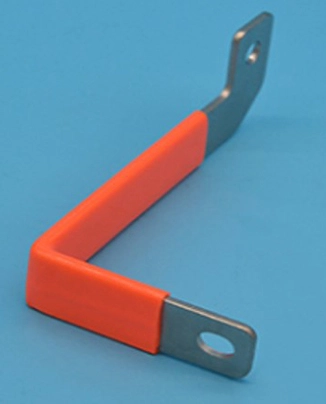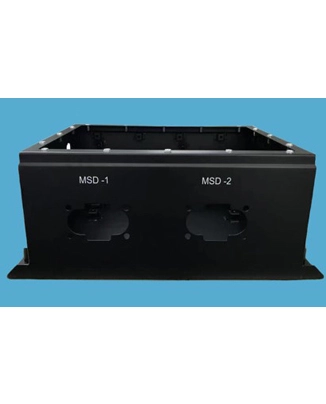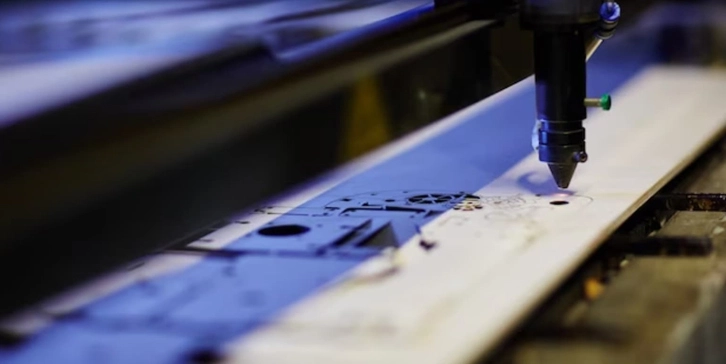Painting and Coating
Painting
Painting on metal surfaces involves applying liquid paint. This can be done using a brush, roller, or spray gun to the surface of a product. This provides a cost effective way to add color and protection.
Powder Coating
The Powder Coating process utilizes an electrically charged dry powder. Powder adheres to the surface of the metal. It is then cured. This process forms a durable and even surface finish. It is also known for adding resistance to chipping, scratching, and fading.
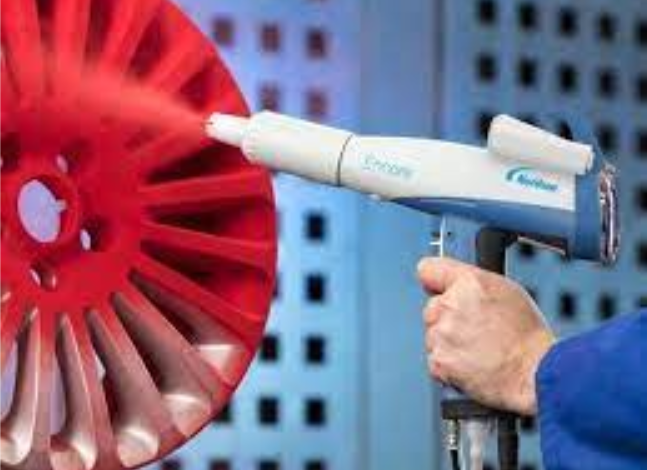
Powder Coating Process
Anodizing
Anodizing is an electrochemical process. It is done primarily on aluminum products to create a protective oxide layer. This enhances corrosion resistance of aluminum products. It also allows decorative coloring on products.
Plating
Plating is a process that works by depositing a thin layer of metal onto another metal product. This process is done through electroplating or electroless plating. This provides corrosion resistance and improved appearance. This is sometimes done to increase electrical conductivity of a product.
Galvanizing
Galvanizing process involves immersing steel or iron in molten zinc. This is done to form a protective zinc coating. It offers excellent corrosion resistance particularly in outdoor or harsh environments.
Mechanical Finishes
Brushed Finish
Brushed finish is achieved by brushing a material surface with abrasive material. This is done to create a pattern of fine lines. This adds a textured appearance.
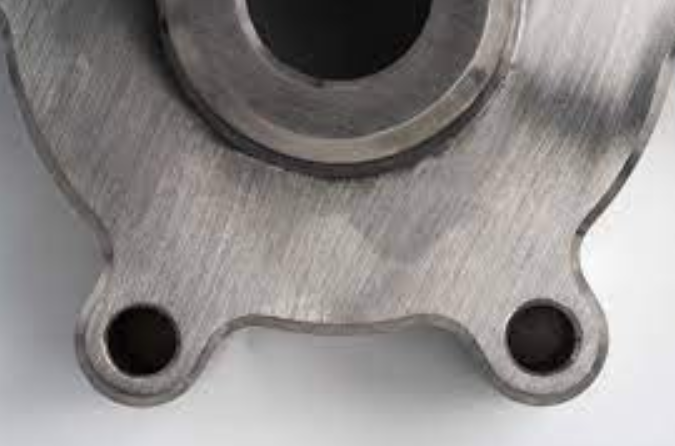
Brush Finish Metal Parts
Polishing
Mechanical Polishing is a process that uses abrasives to smooth and refine a surface. This process produces a glossy and reflective finish surface on products.
Bead Blasting
Bead Blasting is a process that Involves propelling small abrasive particles against the product surface. This is done to remove imperfections. This process creates a matte texture. This process also improves adhesion for subsequent finishes.
Protective and Specialty Finishes
Laminating
Laminating process involves bonding a protective layer onto a product surface. Protective layer is usually of often plastic or a resin. This is done to enhance durability, provide resistance against wear. This is sometimes done to impart specific properties like UV resistance.
Embossing
Embossing is done to create raised patterns or designs on a product's surface. This is done for decorative or functional purposes. This is often seen in metals, plastics, and paper products.
Etching
Etching process can be done by chemical or laser. This is done to selectively remove material and create intricate designs or markings or some kind of specific textures.
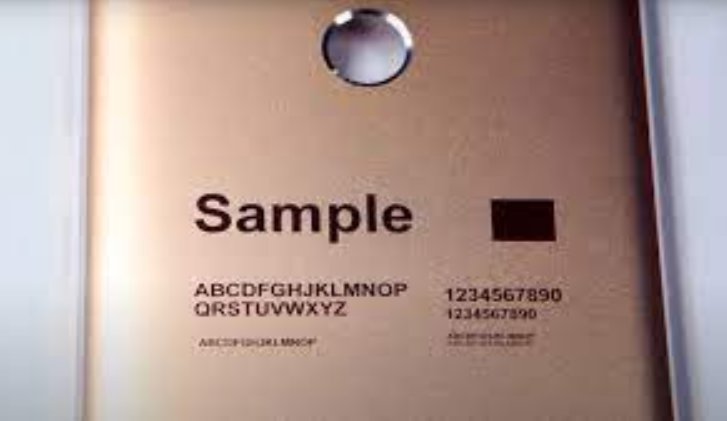
Laser Etching Metallic Sample
Passivation
Passivation process is usually done on stainless steel to remove impurities. Process creates a passive oxide layer improving corrosion resistance of steel.
Vinyl Coating
The Vinyl Coating process involves applying a vinyl layer to a product surface. This provides protection and enhances grip. This is also sometimes done for just color or texture.
Advanced Coating
PVD Coating (Physical Vapor Deposition)
PVD Coating (Physical Vapor Deposition) is a vacuum-based process. A thin film of material is deposited onto a material surface. Film is usually of materials like metal or ceramic.
This process offers enhanced hardness, wear resistance and unique decorative finishes. This process is commonly used for cutting tools, jewelry and architectural elements.

